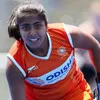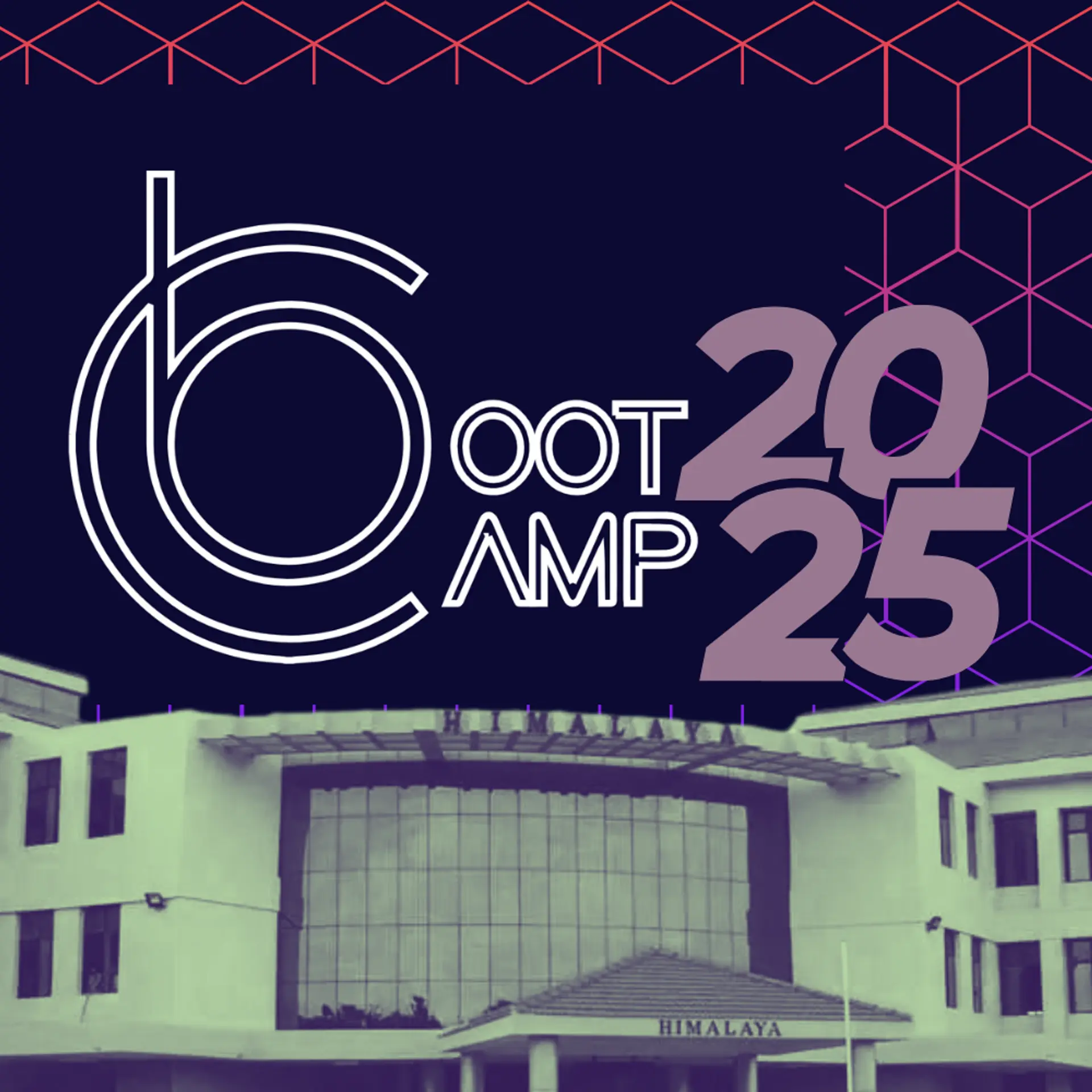These IIT-Bombay graduates are building inclusive learning spaces for differently-abled children
Bengaluru-based startup Tactopus aims to make schools inclusive by building learning tools for differently-abled children around the world.
Lack of accessibility becomes a major difficulty for parents and caretakers tending to differently-abled children. Classmates-turned-entrepreneurs Saloni Mehta and Chandni Rajendran saw this first-hand when they were working on a project as part of their Master’s programme at Industrial Design Centre, IIT Bombay.
Saloni wished to design technologies that would help the education sector and Chandni was closely involved in projects for people with visual impairments. In the summer of 2016, Chandni worked together on developing an audio-labelling tool for tactile graphics used for visually impaired children.
In a conversation with HerStory, Saloni recalls, “During the user testing phase, a parent wanted to take it home but we said that is the only prototype we have. And that's when we really started searching for tools online to suggest an alternative for her but realised that nothing really existed.” That is when the idea of was germinated.

Saloni Mehta, Co-founder of Tactopus
After applying for the SINE incubator grant at IIT Bombay, the duo continued to work on their project, even as they were involved in their full-time corporate jobs.
Making learning fun
In December 2018, they felt that the hardware product could be limiting as well as unaffordable for most of the population. So, they built a mobile application with similar functions.
Though they initially worked with visually-impaired children, the startup’s multisensory products also helped children with other conditions such as Cerebral Palsy, Autism Spectrum Disorder, hearing impairment, speech and language disability, and cognitive disability, to achieve developmental milestones.
Some of its products include flashcards of numbers in braille and tactile graphics, and interactive tactile storybooks. They are supplemented by its mobile application to make them interactive using advanced image processing and augmented reality technologies. Their products are available at a price range of Rs 450 to Rs 2,800. A package designed for a child in the first grade costs Rs 12,000 and will last for a year.
So far, Tactopus has worked with more than 35 schools in India and Singapore. They have also partnered with the Maharashtra government and designed around 12 products with complete first-grade mathematics lessons.
A couple of years of working in the space of learning and education for differently-abled children, Saloni notes that people’s expectation from them is really low, which has resulted in low natural demand for such products. Hence, her first task as an entrepreneur is to raise awareness and educate the parents before selling the products.
Funding and challenges
After Tactopus was registered as a company in April 2018, they received their first funding from Mumbai-based technology startup accelerator Zone Startups India.
In December 2018, they raised a seed round of Rs 83 lakh from Social Alpha, an initiative that promotes science and tech entrepreneurship, supported by the Tata Trusts and Government of India, with participation from the CSR wing of IDFC First Bank. Of this round, Rs 60 lakh was received as equity funding and the remaining Rs 23 lakh as a grant.
Saloni says most of it was used on developing custom content, the learning products, as well as working for the schools in Maharashtra.
Earlier this year, the startup also won Elevate Karnataka, an initiative by Startup Karnataka, and is yet to receive the prize money of Rs 20 lakh.
Saloni says that she did not face many challenges as a startup as a lot of support came their way and they were clear about what they wanted to do.
However, the entrepreneur shares that being in the space of social entrepreneurship has been interesting but confusing to their audiences.
A lot of the clients that they try to connect and work with are used to the charity model and expect Tactopus to be an NGO or work for free. Saloni says this problem is common across the world and not just in India.
At the same time, the startup has been able to secure funds only through impact investment, though the funding isn’t as high as what tech startups usually gain from venture capitalists.
Future plans
Based in Bengaluru, Tactopus currently has a core team of seven people and a few interns.
Speaking of where the startup is headed in future, the entrepreneur says, “Our vision and goal is to make accessible spaces of learning. We want to enable schools and learning institutes to accept and include differently-abled children. This kind of inclusion should be a regular part of any school because a parent should not have to worry and think about where my child can study.”
To achieve this, Saloni says that they have been taking small steps by focusing on improving the learning tools and product. The entrepreneur also realised that the parents and caretakers of differently-abled children should also be empowered.
Hence, the startup will invest their time in working on developing teaching materials for educators as well as parents. Further, the startup hopes to collaborate with existing stakeholders in the space.
As Tactopus responds to individual requests coming from outside India, Saloni hopes to have a more active international presence by next year.
Edited by Kanishk Singh









